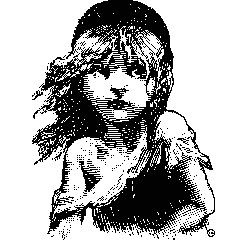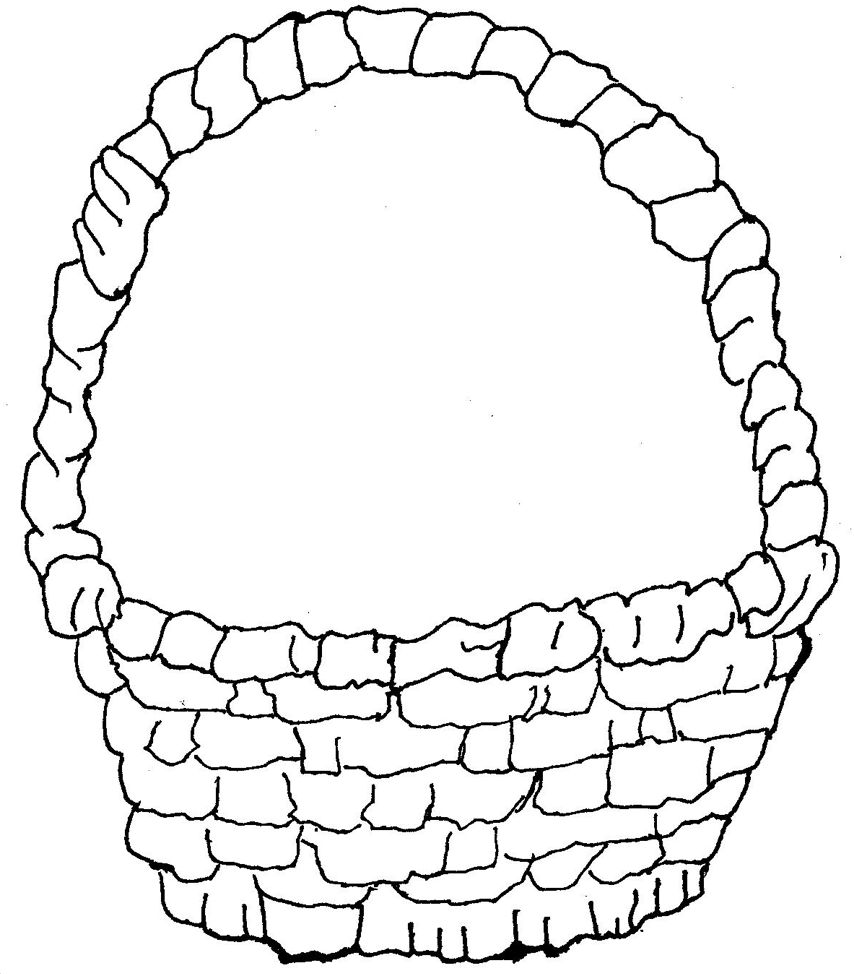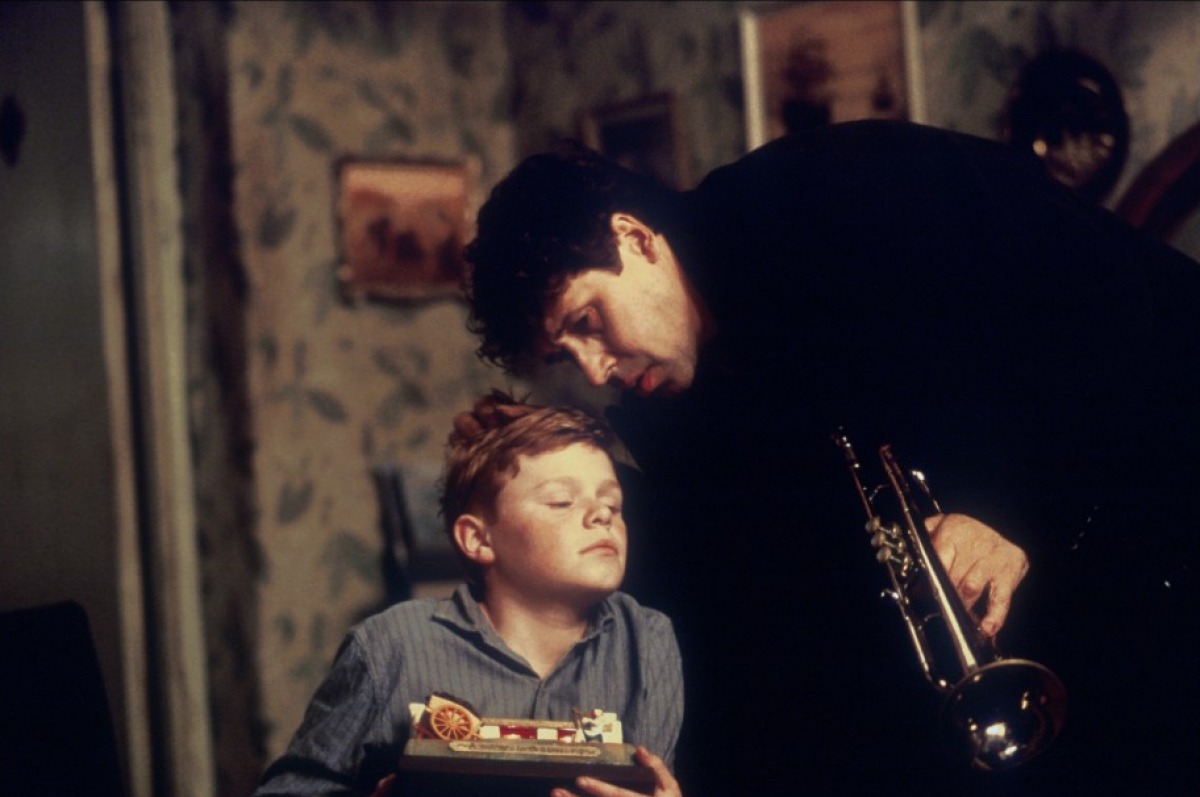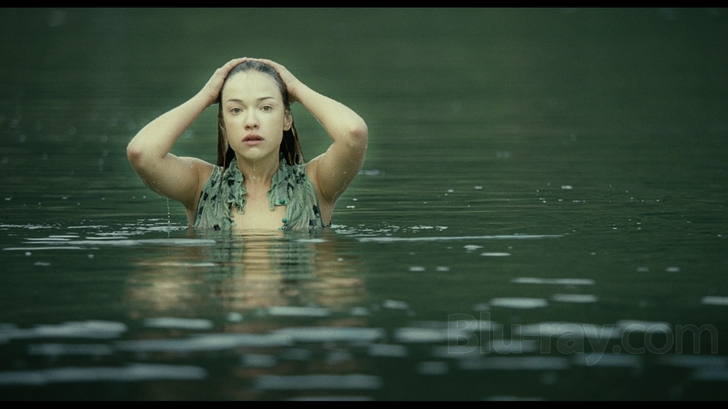
Once upon a time, there was a storyteller named Neil Jordan. He harbored many obsessions.
More than half of the writer-director's 16 films are set in Ireland—his
self-described "sweetly irrational" homeland—including Michael Collins, a biopic of one of the
country's greatest, most controversial patriots. Nearly all include twisted
visions of Catholicism, the religion in which he was raised but which he says
"left me with no scars whatever; it just sort of vanished." Yet it
recurs in his work straight through to his recently-canceled papal cable crime drama The Borgias. He's fixated on prostitutes (like Cathy Tyson's call girl in Mona Lisa), criminals (Nick Nolte's titular casino robber in The
Good Thief; Jodie Foster's victim-turned-vigilante in The Brave One), cross-dressers (Jaye Davidson's pre-op transgendered Dil in The
Crying Game; Cillian Murphy's '70s drag queen Kitten in Breakfast on Pluto) and illicit romances
(such as the adulterous tryst in The End of the Affair).
But Jordan's greatest preoccupation is with the supernatural. Many of his movies traffic in overtly occultish themes, and a few that have little to no otherworldly content nevertheless possess divine-sounding titles: Angel (his 1982 debut, notable as his first collaboration with frequent cohort Stephen Rea, in this case as a jazz saxman who witnesses a murder and vows revenge); We're No Angels (his disastrous 1989 farce with Sean Penn and Robert De Niro as escaped cons who go incognito as priests in Canada, proof positive that the further away from Ireland Jordan gets, the bigger the stars he casts, and the most "comedy" he attempts to insert into his films, the worse they are); and The Miracle (his little-seen, never-released-on-DVD 1992 sleeper about an Irish lad who unwittingly falls in love with his mother—now that's an illicit romance!).
This article concentrates on Jordan's seven most overtly supernatural films—The Company of Wolves, High Spirits, Interview with the Vampire, The Butcher Boy, In Dreams, Ondine, and his latest, the mother-daughter vampire shocker Byzantium (coming to theaters and VOD June 28). They spookily echo one another, with often-grotesque images and motifs that haunt viewers like recurring nightmares. An infographic analysis of each—please refer to the key for each symbol's meaning—reveals this pattern and confirms Byzantium is the culmination of 30+ years of Jordan exorcising his personal demons on-screen.







 Catholicism
Catholicism
 Creepy dolls
Creepy dolls

 Dreams
Dreams

 Fire
Fire


 Ireland
Ireland

 Mental hospitals
Mental hospitals

 Stephen Rea
Stephen Rea
 Tears
Tears
 Whores
Whores



JORDANIAN ELEMENTS:
















High Spirits (1988) After his first big critical and commercial hit, Mona Lisa, Jordan went Hollywood with this hysterical-in-the-worst-sense-of-the-word travesty about a stormy seaside haunted castle in Ireland that's under threat of foreclosure and may be moved to California and turned into a theme park, Irish World. The proprietor, Peter Plunkett (Peter O'Toole, who must've been drinking some high spirits of his own to get through this stinker), plots to use the ghost residents to convince a visiting American, Jack (Steve Guttenberg!), whose father-in-law holds the lease, to save the place.
In the process, Jack is drawn into a taboo romance with a ghost (Darryl Hannah, in a Lucky Charms-accented, Razzie-nominated performance) and frees her from the ghostly husband (Liam Neeson) who stabs her to death every night after accusing her of being a whore. Meanwhile, Neeson's character falls for Jack's ice-cold wife (Beverly D'Angelo), who dies so they can be together, while a priest (Peter Gallagher) renounces his Catholic vows to woo a creepy-doll-voiced floozy (Jennifer Tilly). Jordan insists the film was taken from him and recut by the studio, but it's hard to imagine how any editor could've made sense out of this unholy mess. Near the end, D'Angelo's character declares, "This is ridiculous!" I couldn't agree more.
JORDANIAN ELEMENTS:









Jordan drove a stake through the heart of a planned movie franchise based on the novels of Anne Rice (who wrote the adapted screenplay solo), miscasting toothless pretty boys Tom Cruise and Brad Pitt as ageless vamps.
Tortured by the death of his wife in childbirth, Pitt's 19th century New Orleans slave owner Louis consorts with whores and ultimately becomes a "made" man when Cruise's Lestat snacks on his neck and drops him into the murky waters of the Mississippi. Unlike most vampires, these guys are quite fond of looking at Catholic crosses and statues of angels and are able to cry real tears once or twice in an eternity. Louis frees his slaves, sets his plantation on fire and arranges an unofficial same-sex adoption of Claudia (Kirsten Dunst), a seemingly innocent girl in danger who turns into a bloodthirsty little sucker.
The unintentionally hilarious result plays like a bad sitcom: Two and a Half Vamps. Lestat and Louis shower Claudia in baby dolls (under which she buries the leftovers from one of her human meals) and cut her hair and dress her to make her look like one of the toys. And this is the thanks they get: The little brat slashes Lestat's throat, sets him on fire and leaves him for dead in a swamp. Louis and Claudia flee to Paris, where they run across a theatrical troupe of vampires pretending to be…vampires (how meta!). The leader, Armand (Antonio Banderas), is betrayed by his evil wingman Santiago (a barely recognizable Stephen Rea), who traps Claudia in a cell and burns her into cinder with sunlight before himself being beheaded—well, technically be-torsoed, but close enough. Louis and Lestat—who, surprise, surprise, isn't really dead—ultimately escape to San Francisco in the '80s (wink, wink).
Lestat chows down on the titular interviewer (Christian Slater, who stepped in for the late River Phoenix) to whom Louis has been telling his story and drives off into the proverbial sunset as Guns 'N Roses' horrific cover of "Sympathy for the Devil" plays over the closing credits. That's far from the only false note in this accidental commentary on Hollywood's obsession with youth and beauty. Unlike the matinee idols who starred in it, it hasn't aged well.
JORDANIAN ELEMENTS:














Adapting Patrick McCabe's macabre novel along with the author, Jordan makes his most Irish, star-free, dead-serious—and best movie, at least this side of Mona Lisa and The Crying Game. Redheaded lad Francie Brady (Eamonn Owens) goes from stealing apples with blood brother Joe Purcell (Alan Boyle) to beheading a local busybody, Mrs. Nugent (Fiona Shaw), who threatened to break their bond. What drives him mad? His mum gets carted off to a mental hospital, then commits suicide by jumping into the river. His abusive alcoholic father (Stephen Rea) sends him away to a Catholic boys' school, where he's molested by a priest who forces him to wear a woman's bonnet and masturbates while listening to Francie's stories about his visions of the Virgin Mary (Pope-picture ripper Sinead O'Connor is blasphemously cast as an f-bomb dropping Madonna).
The kid gets a job cleaning up blood at a butcher shop, suffers delusions of monstrous aliens and is committed to a loony bin. He escapes and tracks down Joe, but his best pal renounces him, after which Francie butchers Mrs. Nugent while reciting the nursery rhyme "This little piggy went to market." His plaster-saint- carrying neighbors make a pilgrimage to the crime scene, thinking they'll see the Virgin Mary but instead find blood all over a statue of the Blessed Mother and the walls, where Francie has scrawled the word "PIGS" over and over. He agrees to lead the police to Mrs. Nugent's headless body, buried in a cabbage truck, but escapes, setting her house on fire and rescuing her son from it. Years later, a grown-up Francie (also played by Rea, who narrates the tale) is released to a halfway house, but he's still being visited by Jesus' ma. This is a wholly original vision that blessedly wasn't butchered by studio editors.
JORDANIAN ELEMENTS:













JORDANIAN ELEMENTS:














Ondine (2009) Jordan's gentlest, most lyrical film brilliantly spins the quasi-fairytale of a recovering-alcoholic Irish fisherman, Syracuse (Colin Farrell), who catches a mysterious woman, Ondine (Alicja Bachleda), in his net. To distract his critically ill daughter, Annie (Alison Barry), during dialysis, the seaman tells her this story, and the girl and her dad come to believe Ondine is a selkie, a mythical creature who transforms from a seal into a woman on land and can live for seven years out of the water, then must cry seven tears to live happily ever after with a landsman. Convinced he's not dreaming, Syracuse finds Ondine to be a good-luck charm and a real catch—when she sings, he suddenly starts hauling in tons of fish and falling for her. When they make love, she cries salty tears.
Ondine befriends Annie, taking her into the water for a kind of unofficial baptism, while Syracuse confesses his inter-species affair to his local priest (Stephen Rea). But their dream romance begins to turn nightmarish after Ondine's husband—seen as a monstrous creature by Annie—pursues her, and the girl gets injured in a car crash that kills her drunk-driving stepdad and confines her raging-lush mom to a wheelchair just like Annie's own. Just when it looks like there will be no happy ending, a miracle occurs: A kidney is found that saves Annie's life.
But Ondine's secret is revealed: She's a Romanian drug mule named Johanna who was forced by her dealer husband to jump overboard with a kilo of heroin after being spotted by the Coast Guard, and he wants his narcotics back. Annie saves the day, throwing the dope (which she thought was Ondine's discarded seal coat) into the water, knowing the husband can't swim, and he's foiled. Finally, Syracuse and Johanna have a fairytale wedding and live…well, you know. This deliciously fresh fish story sadly sank at the box office, as fallen star Farrell has become an albatross around any movie's neck. Still, it's well-worth catching on video or online.
JORDANIAN ELEMENTS












In Byzantium, Gemma Arterton (Hansel and Gretel: Witch Hunters) and Saoirse Ronan (The Host) costar as Clara and Eleanor, an Irish mother-daughter vampire duo who've lived for more than 200 years—wonder if they ever crossed paths with Lestat and Louis? Clara's a lapdancer/whore who steals money from her employer and runs off, crashing through a glass ceiling and landing on a bouncy castle. She kills her pursuer, sucking his blood, beheading him and setting the room on fire. The red-hood-wearing Eleanor is eternally 16, speaks to a doppelganger in her dreams and feeds off old people who are ready to die and often mistake her for an angel. Eleanor engages in a taboo romance with Frank (X-Men: First Class' Caleb Landry Jones), a leukemia victim who takes anticoagulants to stem his copious bleeding and has an imaginary ghost friend. After a bicycle crash leaves him drained, Eleanor snaps up his bloody handkerchief and sucks it dry. Clara turns a trick with a weeping mama's boy (Red Riding's Daniel Mays) whose family's seaside hotel is in danger of going under since the death of his mother (shades of Bates Motel?). "We're damsels in distress and he's our knight in shining armor," Clara declares of Noel before turning his former boardinghouse into a brothel and soothing him by singing, "Oh, but his blood runs ruby."
Desperate to share her tale, Eleanor tells Frank—and later, their writing teacher—her story: Clara was a seaside wastrel plucked by an evil soldier, Capt. Ruthven (Elementary's Jonny Lee Miller) and turned into a whore. She was impregnated and tried to murder Eleanor in the crib, but ultimately put her child in an orphanage where she was abused until the age of 16. Ruthven and his military/romantic rival, a midshipman named Darvel (Control's Sam Riley), discovered a shrine on a remote, rocky island where the waterfalls cascade with blood that can grant eternal life. Clara stole the map to the island from Ruthven and took Eleanor there to preserve her adolescence permanently, but now the elite brotherhood who know of this secret fountain of youth are pursuing both mother and daughter, as women are not allowed to create such "succreants" (Byzantium's term for vampires).
Can Clara and Eleanor escape? Will the lovesick teen save Frank's life? And what does a blade from the ancient Greek city of Byzantium have to do with all this? I won't spoil the ending, but suffice it to say the film concludes with Eleanor declaring, "I throw my story to the wind. Never will I tell it more. Another one begins." One can only hope Jordan will continue to tell these dark-themed stories. Byzantium leaves the recent spate of bloodless teen-vampire movies like Twilight in its shadow and combines the striking images, fine acting and deeply eerie atmosphere of his most-super supernatural films.
JORDANIAN ELEMENTS:














